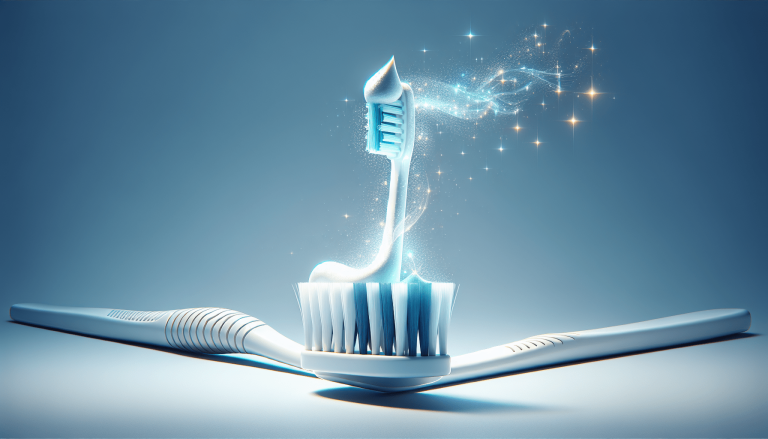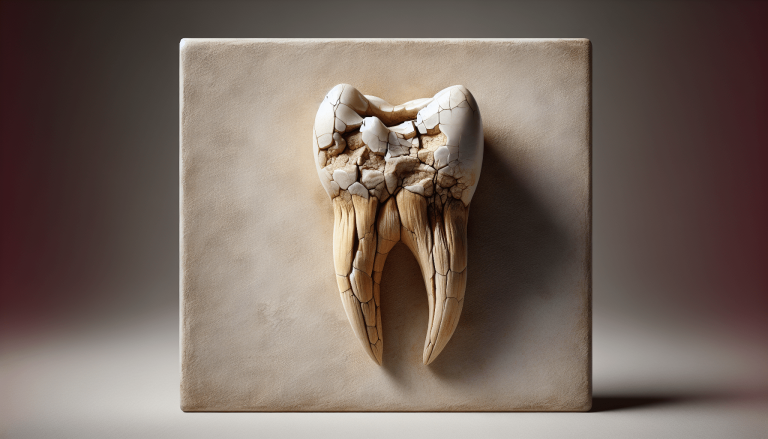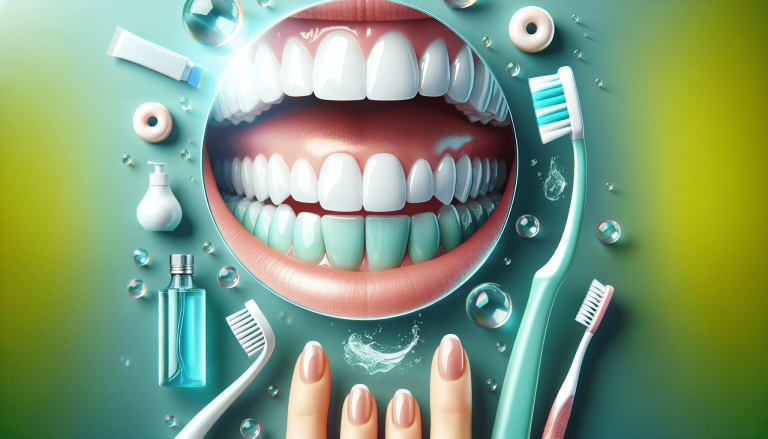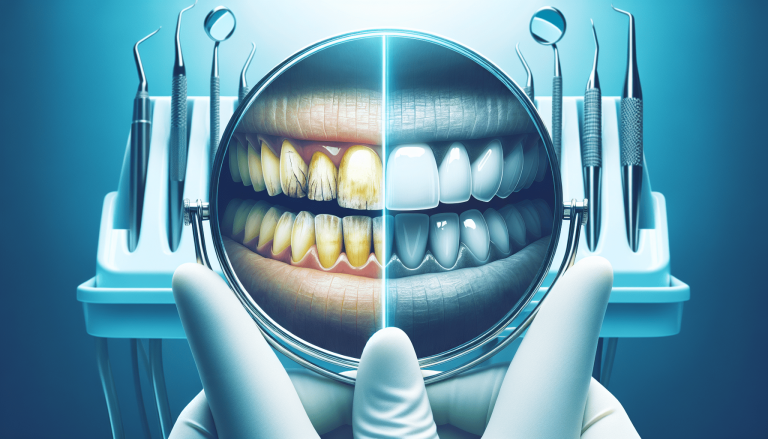What Are Three Health Problems That Can Result From Poor Oral Hygiene?
Maintaining good oral hygiene is essential for overall health and well-being. Neglecting proper dental care can lead to a range of health problems that extend beyond just tooth decay. From gum disease to cardiovascular issues, poor oral hygiene can have a profound impact on your overall health. In this article, we will explore three health problems that can result from neglecting your oral hygiene. So, grab your toothbrush and let’s dive into the world of dental health. Poor oral hygiene can lead to several health problems, including tooth decay, gum disease, and halitosis. These issues can have serious consequences on your oral health and overall well-being if left untreated. It is crucial to understand the definition, causes, effects, symptoms, and treatments for each of these conditions in order to maintain a healthy mouth and prevent further complications.
Tooth Decay
Tooth decay, also known as dental caries or cavities, is the breakdown of the tooth enamel caused by the bacteria in plaque. Plaque is a sticky film that forms on your teeth and contains harmful bacteria that feed on sugars and produce acids. These acids erode the tooth enamel over time, leading to the formation of cavities.
Some common causes of tooth decay include poor oral hygiene, a high sugar and carbohydrate diet, frequent snacking or sipping on sugary drinks, dry mouth, and certain medical conditions that reduce saliva flow. Insufficient brushing and flossing allow plaque to accumulate and contribute to the development of cavities.
The effects of tooth decay may vary depending on the severity and location of the decay. Early-stage cavities may cause no symptoms, while more advanced decay can result in toothache, sensitivity to hot and cold food or drinks, tooth discoloration, and even tooth loss.
Treatment for tooth decay typically involves removing the decayed portion of the tooth and filling the cavity with a dental filling material, such as composite resin or amalgam. In more severe cases, where the decay has reached the inner pulp of the tooth, a root canal treatment or tooth extraction may be necessary.
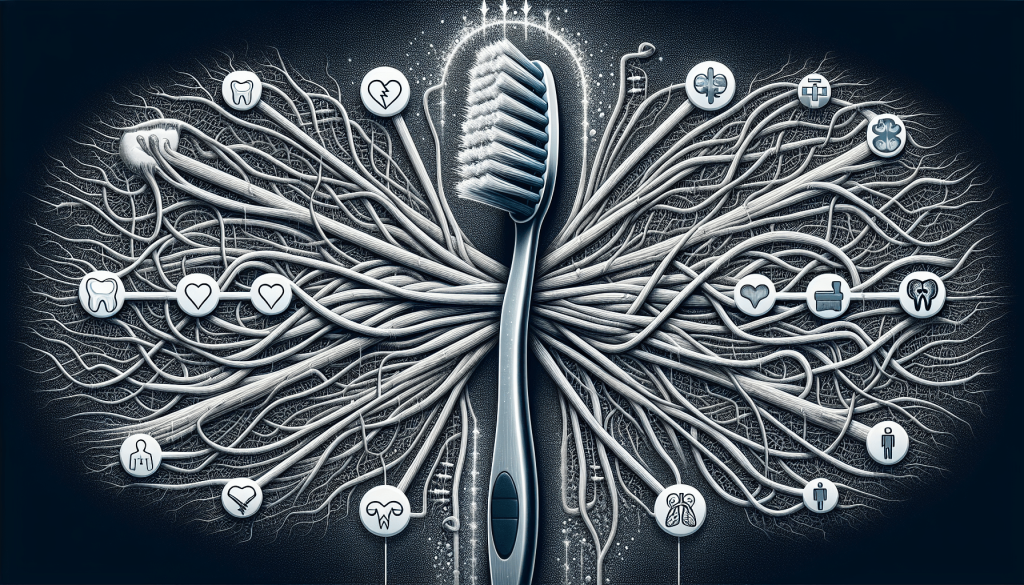
Gum Disease
Gum disease, also known as periodontal disease, is a bacterial infection that affects the gums and supporting structures of the teeth. It is primarily caused by the accumulation of plaque and tartar along the gumline, which irritates the gums and leads to inflammation.
Several factors contribute to the development of gum disease, including poor oral hygiene, smoking, hormonal changes (such as during pregnancy), certain medications, genetic predisposition, and certain systemic conditions like diabetes. If left untreated, gum disease can progress from mild gingivitis to more severe forms, such as periodontitis.
Signs and symptoms of gum disease include red, swollen, or tender gums, bleeding while brushing or flossing, receding gums, persistent bad breath, loose teeth, and changes in the bite. If you notice any of these symptoms, it is important to seek dental treatment promptly.
The treatment for gum disease depends on the severity of the condition. In mild cases of gingivitis, professional dental cleanings and improved oral hygiene practices at home, such as regular brushing and flossing, may be sufficient to reverse the inflammation. However, in more advanced cases of periodontitis, additional treatments like scaling and root planing, antibiotic therapy, or even gum surgery may be necessary.

Halitosis
Halitosis, commonly known as bad breath, is a condition characterized by unpleasant or foul-smelling breath. It can be caused by various factors, both oral and systemic. Poor oral hygiene, dental infections, gum disease, dry mouth, and tongue bacteria are common oral causes of halitosis.
Other systemic conditions that can contribute to halitosis include respiratory infections, gastrointestinal issues, certain medications, and diet. Moreover, lifestyle factors such as smoking, consuming certain foods (like garlic or onions), or drinking alcohol can also contribute to bad breath.
The effects of halitosis can extend beyond social embarrassment and impact individuals’ quality of life, leading to anxiety, self-consciousness, and decreased self-esteem. Fortunately, there are effective treatments available to address this condition.
To treat halitosis, it is important to identify and address the underlying causes. Improving oral hygiene practices, such as regular brushing and flossing, cleaning your tongue, and using mouthwash, can help eliminate bacteria and control bad breath. Additionally, maintaining proper hydration, avoiding foods that can cause bad breath, and quitting smoking can also contribute to a fresher breath.
In some cases, professional dental cleanings and treatment of underlying oral conditions, such as gum disease or tooth infections, may be necessary to effectively manage halitosis. Additionally, your healthcare provider may recommend lifestyle modifications or further medical evaluation for systemic conditions contributing to bad breath.
In conclusion, poor oral hygiene can have detrimental effects on your dental health and overall well-being. Tooth decay, gum disease, and halitosis are just a few of the health problems that can arise from neglecting proper oral care. By understanding the causes, symptoms, and treatment options for these conditions, you can take proactive steps towards maintaining excellent oral hygiene and preventing further complications. Remember, a healthy smile starts with a healthy mouth!
Additional Resources




